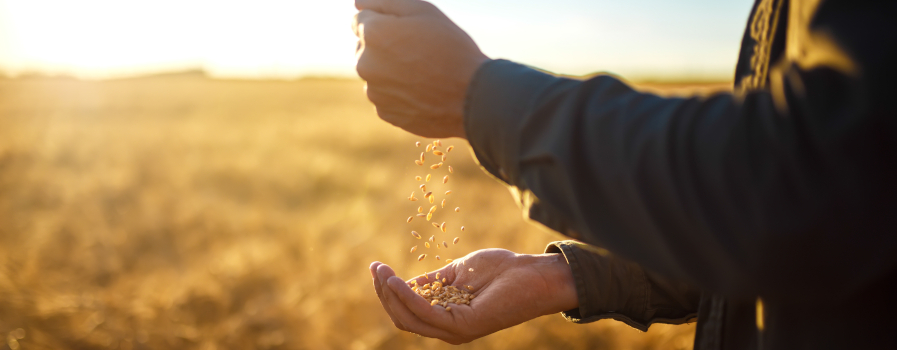Focus and priorities
- Work for a healthy corporate culture in your own operations and value chain
- Supplier and product requirements that promote good animal welfare
- Prevention of corruption throughout the value chain
- Responsible supplier relationships
Examples of activities
ICA Sweden sets requirements for both Swedish and imported meat for both private label products and goods from other suppliers. The requirements are based on Swedish animal welfare legislation. Overall, this means that animals should be treated well, protected from unnecessary suffering and kept in an environment that promotes their health and natural behaviour. Suppliers of all fresh and frozen meat in ICA Sweden's central range have been approved following an animal welfare audit. Meat from Swedish suppliers, which are controlled by Swedish legislation, is audited based on a risk assessment carried out by ICA Sweden. The audits may, for example, involve checks on how the animals are reared and how they are handled during transport and at slaughter. The audits are carried out either by ICA Sweden's own quality specialists or by third parties. ICA Sweden does not sell eggs from caged hens in the central range.

